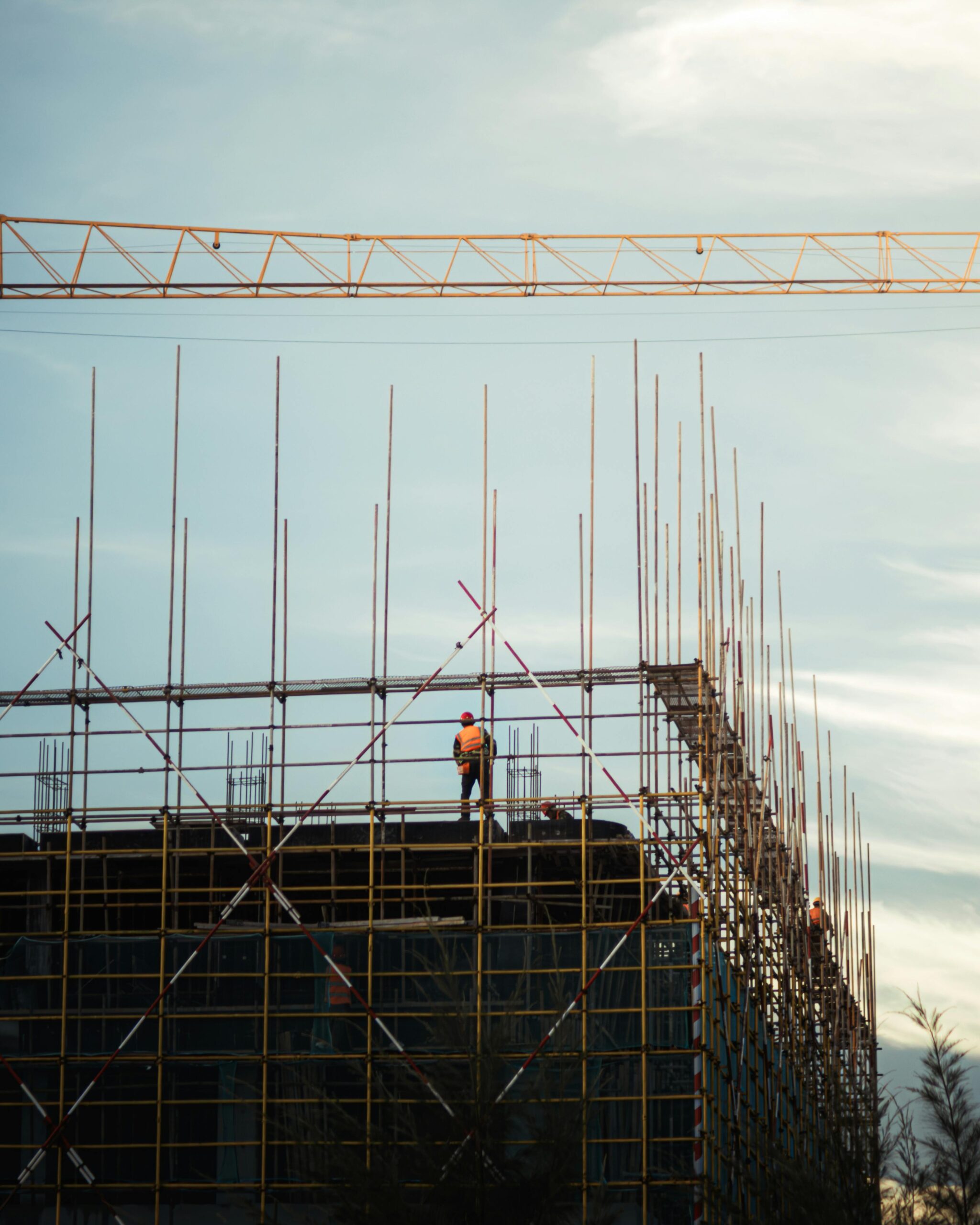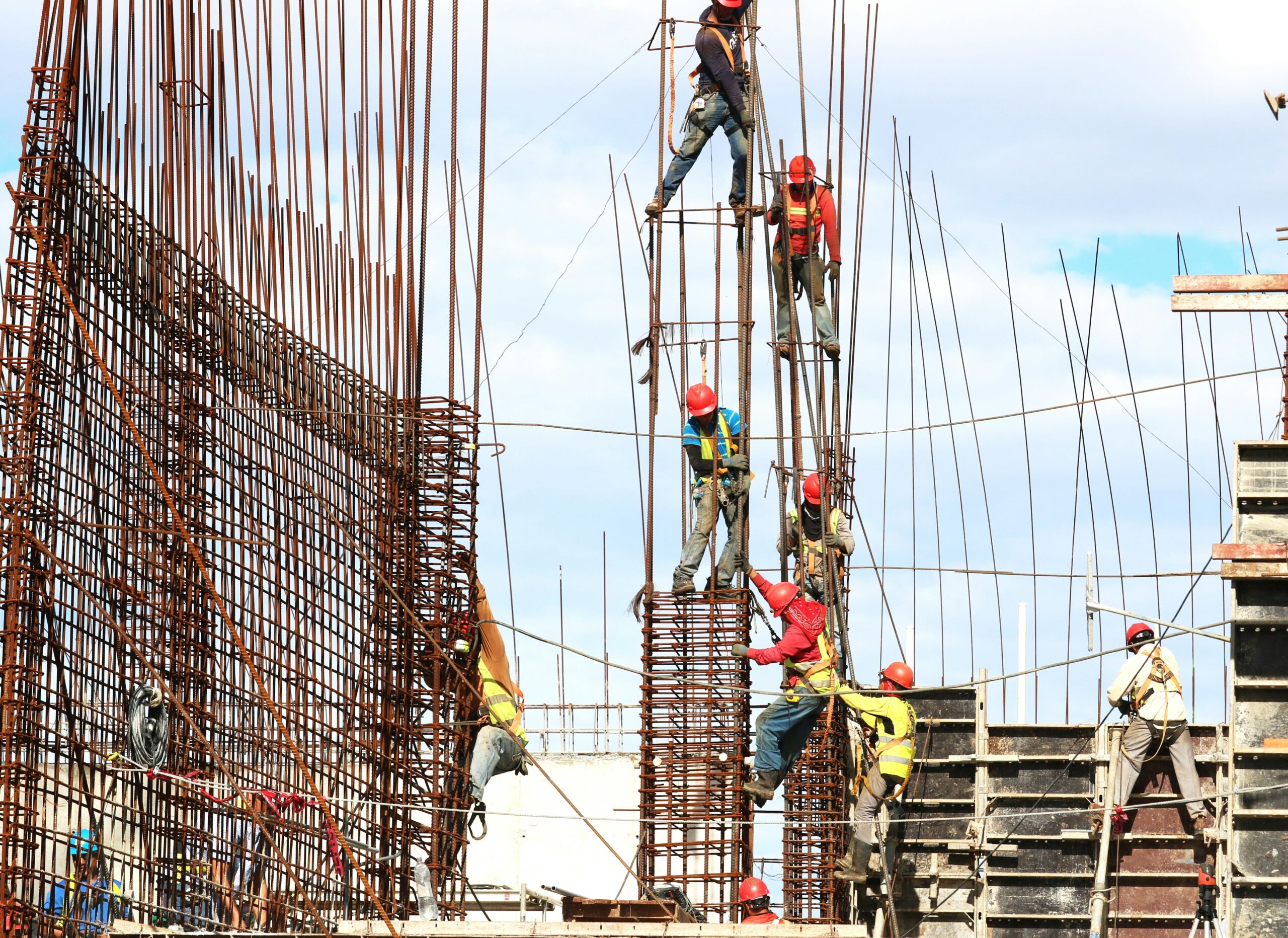
Budgeting for a Commercial Project: What to Expect
When planning a commercial construction project, understanding and managing the budget is vital to avoid cost overruns and ensure a successful outcome. Here’s a straightforward look at what you should consider when budgeting for a commercial project.
Early Planning and Detailed Estimates
At the outset, you’ll need a detailed estimate that encompasses all aspects of the project. This includes costs for land acquisition, architectural designs, materials, labor, and any fees for permits and regulations. Experienced commercial builders or construction managers typically handle this, using their expertise to forecast expenses accurately.
Site Preparation and Groundwork Costs
The initial stage of any build involves preparing the site, which may require excavation contractors to clear the land and lay the groundwork. Costs can vary significantly based on the location and the complexity of the work needed.
Material and Labor
The choice of materials can greatly influence the overall budget. Opt for materials that offer a balance between cost, durability, and aesthetic appeal. Labor costs, meanwhile, are influenced by the project’s scale, the skills required, and regional wage rates.
Compliance and Permitting
Don’t overlook the costs associated with regulatory compliance and permits. These are essential for legal construction practices and can vary widely by region. Professional firms have teams that specialize in navigating these complexities, ensuring that your project adheres to all local codes without unexpected fines or delays.
Utilities and Infrastructure
Setting up utilities and essential infrastructure is another critical budget consideration. This includes connections for water, sewage, electricity, and internet services. Strategic planning with an integrated approach can streamline this process and reduce costs.
Contingencies
Always allocate a portion of your budget for unexpected expenses. A common rule is to reserve at least 10-20% of the total budget for contingencies. This can cover unforeseen costs like weather delays, changes in material prices, or additional site work.
Monitoring and Adjustments
Throughout the construction process, continuous monitoring of expenses is crucial. Regular budget reviews allow for adjustments and can help keep the project on track financially. Employing modern project management tools and techniques can aid in this meticulous tracking.
Conclusion
Effective budgeting is key to the successful completion of any commercial project. It requires a clear understanding of all potential expenses and a proactive approach to managing those costs. By working with seasoned professionals and utilizing a detailed, comprehensive budgeting strategy, you can ensure your project is both financially viable and successful.
















